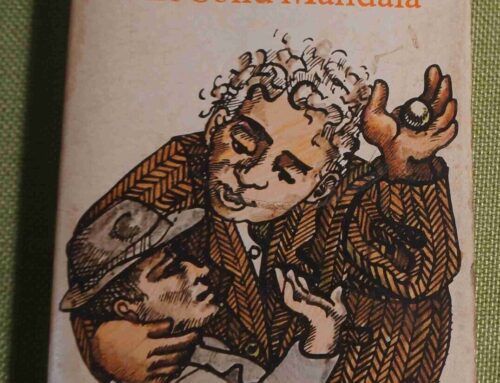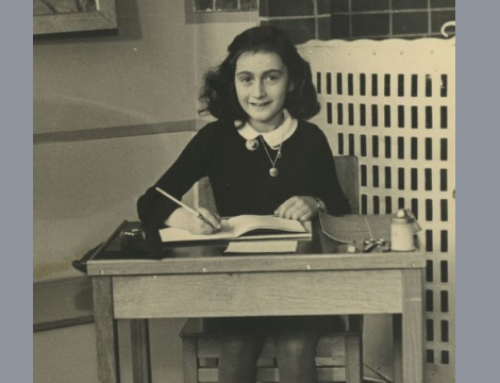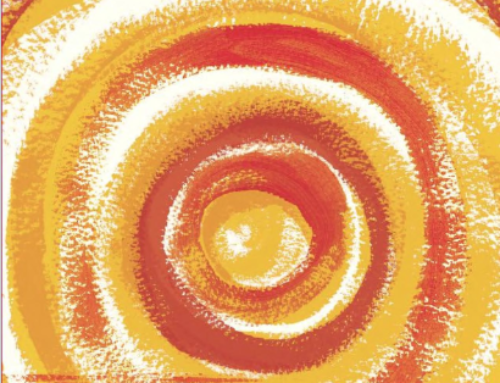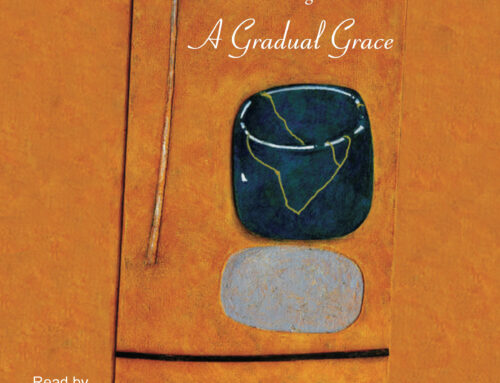This is a powerful, deep exploration of the psychology and actions of a group of people, some connected, who face death, either their own or that of loved ones, in different ways. Lowell, whose mother died in the hijacking of France Air Flight 64 in 1987, when he was 16, is haunted by her death and by the recent death of his father, which he gets news of on the 13th anniversary of her death. Lowell is besieged by phone messages from Samantha, who tells him his father knew that Flight 64 was sabotaged. His father, Lowell recalls, used to tell him stories from Greek myth and had him reciting Homer in Greek at dinner parties when he was six. His father had been a polymath, a gold medalist, and worked in Intelligence. So he had a secret life and lived in parallel universes.
Samantha was six when she was released with other children from the hijacked plane before it was blown up. She was brought up by her aunt Lou, and spent her childhood and teen years acting out, rebelling against authority, punishing her aunt for not being her mother. Until, at age 19, she becomes a student of American history and government and sets out to map the moves of Lowell’s father, code name Salamander, whose part in the hijacking she is determined to uncover. A salamander, she learns, is a mythical creature with the power to endure fire and harm, an amphibian.
Eventually, she and Lowell connect and begin a dreadful journey of discovery, of the dark secrets behind the hijacking, of Salamander’s involvement and his losing battle with Siroco (the desert wind), the sinister Middle Eastern man with an Oxford degree and a polished British accent who masterminds the hijacking and subsequent terrible consequences.
The connection with the Plague? The hijacking operation, which was a collusion between American Intelligence and the terrorists, was codenamed Black Death. Quotes from Danie Defoe’s eponymous 18th century book and from Albert Camus’ The Plague are woven through the story. The terrible bubonic plague was spread by rats carrying bacterium-infected lice, whereas the hijacking was a human agent of death. The point of the title is, as Defoe says, that preparations for the plague are preparations for death, which is almost inevitable. Death is faced by the passengers on the plane; those who died when the plane was blown up had a shorter time to prepare for death, with the hope of release till the end, than did the ten adult passengers who were taken off the plane and held as hostages in the hijackers’ bargaining with Salamander and co for an exchange of imprisoned terrorists.
The story is complex and densely woven, with many changes of point of view, although Samantha and Lowell are the central characters and their stories are interwoven. Among the many literary allusions of the novel is The Decameron by Boccaccio, a collection of short stories containing 100 tales told by a group of seven men and three women who take shelter inside a secluded villa outside Florence to escape the Plague. Hospital mimics this in a climactic section of the novel, where the hostages are held in a sealed bunker, clothed in protective gear, helmet and goggles, while poisonous gases are released. Siroco broadcasts to them, telling them they have six hours before the filters become useless. They can choose a slow and painful death by asphyxiation or a fast exit, where they remove the mask to speak for a few minutes before dying.
This, for me, is where my suspension of disbelief failed. Some of these characters are unknown till these moments, so it is hard to engage with their stories, some of which are lengthy, and I was tempted to say, ‘just die, get it over with.’ It reminded me of Hamlet’s lengthy speeches after he’d been poisoned by Laertes’ baited sword.
After this, Aftermath, the ending, which gives a positive resolution for the Samantha and Lowell stories, seems an anti-climax, an anodyne.
Much of the story I found gripping and moving. The Decameron stories, I feel, are mostly extraneous because they have no forestory, and the Aftermath is not cathartic.
So, despite this book’s multiple awards and short listings and rave reviews, I have reservations. If I dare sum up such a complex, intelligent, deeply allusive novel, I think it is over-ambitious and has too many strands to the story to work in a unified way. Nevertheless, I recommend it.
Samantha was six when she was released with other children from the hijacked plane before it was blown up. She was brought up by her aunt Lou, and spent her childhood and teen years acting out, rebelling against authority, punishing her aunt for not being her mother. Until, at age 19, she becomes a student of American history and government and sets out to map the moves of Lowell’s father, code name Salamander, whose part in the hijacking she is determined to uncover. A salamander, she learns, is a mythical creature with the power to endure fire and harm, an amphibian.
Eventually, she and Lowell connect and begin a dreadful journey of discovery, of the dark secrets behind the hijacking, of Salamander’s involvement and his losing battle with Siroco (the desert wind), the sinister Middle Eastern man with an Oxford degree and a polished British accent who masterminds the hijacking and subsequent terrible consequences.
The connection with the Plague? The hijacking operation, which was a collusion between American Intelligence and the terrorists, was codenamed Black Death. Quotes from Danie Defoe’s eponymous 18th century book and from Albert Camus’ The Plague are woven through the story. The terrible bubonic plague was spread by rats carrying bacterium-infected lice, whereas the hijacking was a human agent of death. The point of the title is, as Defoe says, that preparations for the plague are preparations for death, which is almost inevitable. Death is faced by the passengers on the plane; those who died when the plane was blown up had a shorter time to prepare for death, with the hope of release till the end, than did the ten adult passengers who were taken off the plane and held as hostages in the hijackers’ bargaining with Salamander and co for an exchange of imprisoned terrorists.
The story is complex and densely woven, with many changes of point of view, although Samantha and Lowell are the central characters and their stories are interwoven. Among the many literary allusions of the novel is The Decameron by Boccaccio, a collection of short stories containing 100 tales told by a group of seven men and three women who take shelter inside a secluded villa outside Florence to escape the Plague. Hospital mimics this in a climactic section of the novel, where the hostages are held in a sealed bunker, clothed in protective gear, helmet and goggles, while poisonous gases are released. Siroco broadcasts to them, telling them they have six hours before the filters become useless. They can choose a slow and painful death by asphyxiation or a fast exit, where they remove the mask to speak for a few minutes before dying.
This, for me, is where my suspension of disbelief failed. Some of these characters are unknown till these moments, so it is hard to engage with their stories, some of which are lengthy, and I was tempted to say, ‘just die, get it over with.’ It reminded me of Hamlet’s lengthy speeches after he’d been poisoned by Laertes’ baited sword.
After this, Aftermath, the ending, which gives a positive resolution for the Samantha and Lowell stories, seems an anti-climax, an anodyne.
Much of the story I found gripping and moving. The Decameron stories, I feel, are mostly extraneous because they have no forestory, and the Aftermath is not cathartic.
So, despite this book’s multiple awards and short listings and rave reviews, I have reservations. If I dare sum up such a complex, intelligent, deeply allusive novel, I think it is over-ambitious and has too many strands to the story to work in a unified way. Nevertheless, I recommend it.




